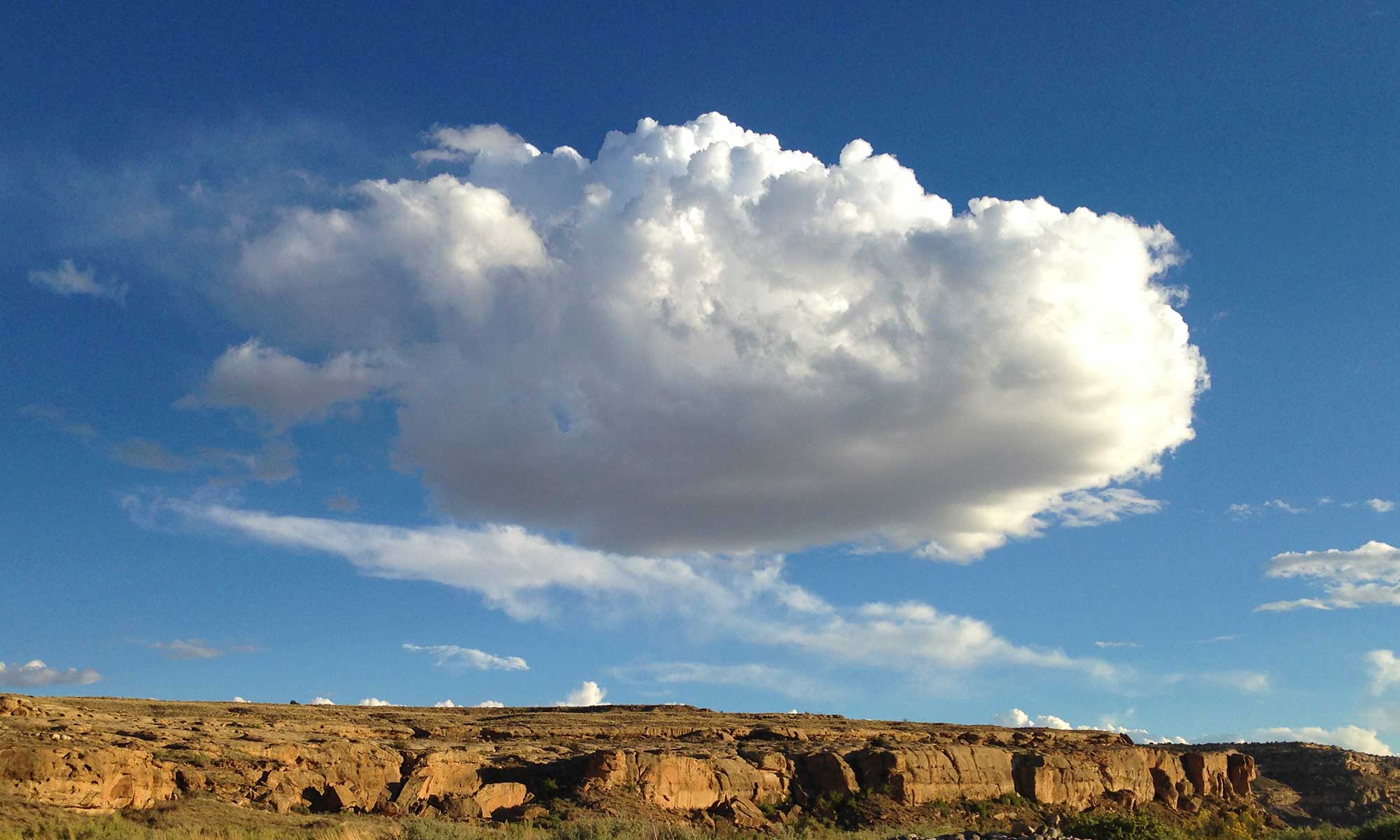I love writing a synopsis. There, I said it out loud.
Hard to believe, right? It is excruciatingly difficult to take 90,000+ words and distill them into three or four hundred, or less, and still keep what remains sufficiently interesting. There is a famous quote by Mark Twain and others, which I will here bastardize: I didn’t have time to write a synopsis so I wrote a novel instead.
Writing a Synopsis is not just work, more like like murder. All your secondary plot lines are disappeared with a stroke of the delete key. Vital supporting characters cease to exist. Subtlety and nuance? Vaporized. All the ingredients you had cooked together for readers to feast upon are sucked away: Your seven-course meal of delight reduced to a common bowl half full of watery soup.
But hey, some people like bouillabaisse. And now, I realize, I do too. Hmm, maybe I’m having a cognitive dissonance moment, a Stockholm syndrome thing where, having been captive and put through hell, I’m in love with the devil now.
It can take dozens of days to come close to a sufficiently short synopsis. There will be aspects of the tale that cannot be left out, aspects that demand many sentences to describe. But in making those cut-or-keep decisions, you learn what is truly essential, and what is not. A good synopsis reveals the skeleton that holds the entire story together, that helps it walk, run, sit up straight, or lie down in a heap.
Being forced to distill key scenes from the story (Which ones are key, anyway? Hopefully every one.) into just a few words raises a crucial question,
Be careful, though. What gets left out of a synopsis is often the very seasoning and complexity that moves your story toward art, an experience that comes to life in the mind of the reader. But that’s what the book is for. The synopsis is the tease, delivered without hype [but not without a dash of style], that helps the full story find its readers – a tool that the agent, the editor, the reviewer can scan, and hopefully want to see more.
Writing a novel, you’ll spend maybe years crafting a landscape in intricate detail, sculpting it down to the last flower and pricker bush. But now, summarizing it, you are climbing a mountain and looking out over the entire work. See those peaks and valleys? Is that a rainforest out there or a desert?
And, here’s my revelation (I am still learning after all these years.): Why wait until the story is finished? Periodically stopping during your development process and writing a synopsis of what you’ve got so far can give you a high-level view of what you’ve accomplished, a perspective hard to achieve while you’re working on that gorgeous landscape. Or hellscape, your choice!
